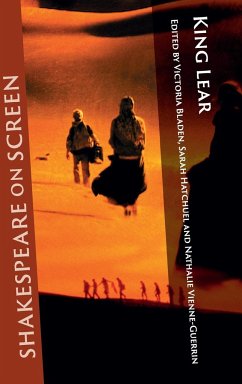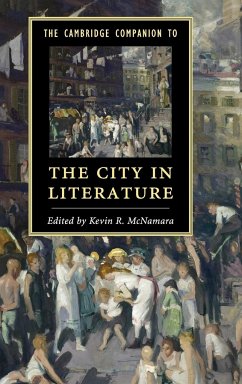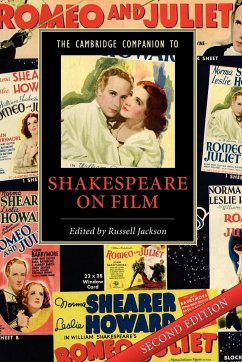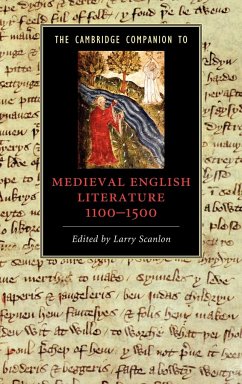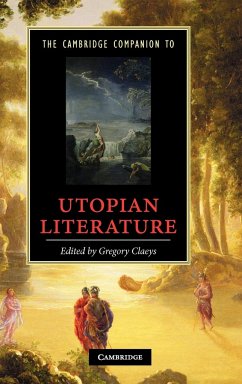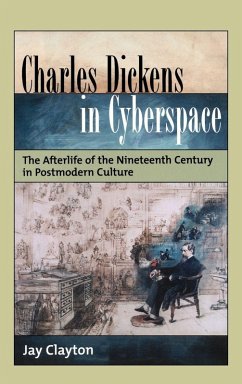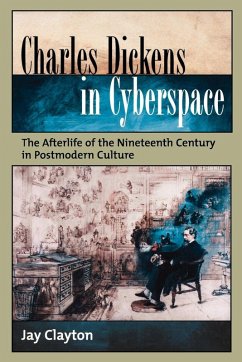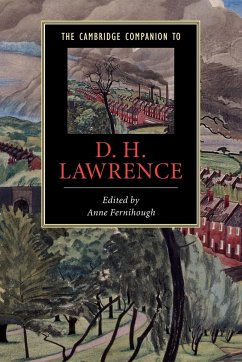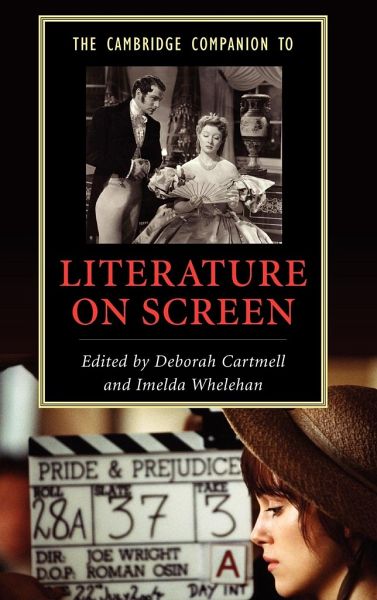
The Cambridge Companion to Literature on Screen
Versandkostenfrei!
Versandfertig in 1-2 Wochen
105,99 €
inkl. MwSt.
Weitere Ausgaben:

PAYBACK Punkte
53 °P sammeln!
This Companion offers a multi-disciplinary approach to literature on film and television. Writers are drawn from different backgrounds to consider broad topics, such as the issue of adaptation from novels and plays to the screen, canonical and popular literature, fantasy, genre and adaptations for children. There are also case studies, such as Shakespeare, Jane Austen, the nineteenth-century novel and modernism, which allow the reader to place adaptations of the work of writers within a wider context. An interview with Andrew Davies, whose work includes Pride and Prejudice (1995) and Bleak Hou...
This Companion offers a multi-disciplinary approach to literature on film and television. Writers are drawn from different backgrounds to consider broad topics, such as the issue of adaptation from novels and plays to the screen, canonical and popular literature, fantasy, genre and adaptations for children. There are also case studies, such as Shakespeare, Jane Austen, the nineteenth-century novel and modernism, which allow the reader to place adaptations of the work of writers within a wider context. An interview with Andrew Davies, whose work includes Pride and Prejudice (1995) and Bleak House (2005), reveals the practical choices and challenges that face the professional writer and adaptor. The Companion as a whole provides an extensive survey of an increasingly popular field of study.





